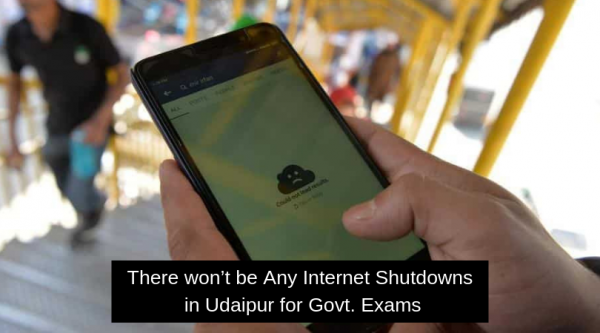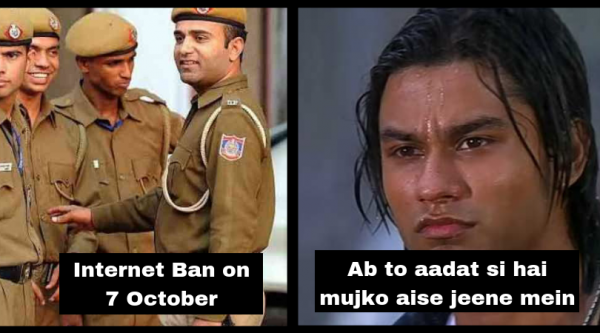Posted inNews
Heave a Sigh of Relief! There won’t be Any Internet Shutdowns in Udaipur for Govt. Exams
Internet shutdowns have become a weekend affair for all the Udaipurites as every now and then it takes place in the city and the reason is the same ‘To stop…


